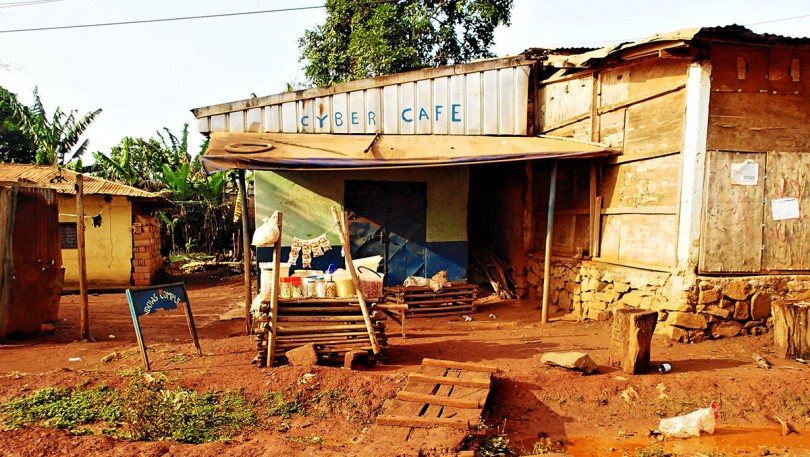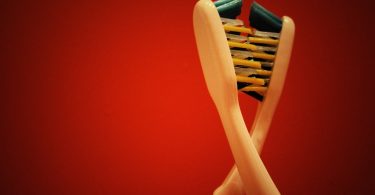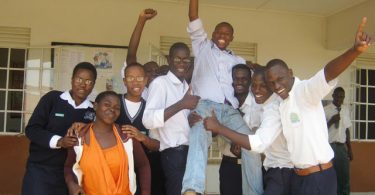Today, the Web We Want, in collaboration with the Association for Progressive Communications, supported by the Ford Foundation, is delighted to announce the partners who will receive grants to support the creation of resources and campaigns to promote the African Declaration of Internet Rights and Freedoms.
As millions come online for the first time across the continent, they are being given tools to solve social challenges, discover information about their rights, create economic value…and have fun communicating with friends and family. However, the pace is so quick that regulations and laws often fail to keep pace. This is why the African Declaration on Internet Rights and Freedoms is so important. The initiative promotes human rights standards and the principle of openness in Internet policy formulation.
The Declaration has been supported by a broad range of African and international actors, and will be presented to the African Union. To date, much of the conversation around the Declaration and what it means has happened among technical experts. But in order for the rights and freedoms in the Declaration to be protected, we need strong civil society and citizen awareness of what those rights are.
Our Web We Want initiative – a global campaign to defend, claim and change the future of the Web – aims to bring the voice of citizens to the heart of these discussions. To do this in Africa, we made a call for proposals from organisations in Africa who can help to educate the general public about the Declaration and its importance to their everyday lives.
We are proud to name the recipients of these grants, and look forward to supporting their work in this mission.
Association pour la Promotion Communautaire de l’Informatique (APCI) in partnership with the Kamenge Youth Centre, Burundi
In Burundi, the APCI will work with the Kamenge Youth Centre to target disadvantaged youth through a puppet show explaining the Declaration. The young people will be involved through the process of producing the play, educating them about the Declaration along the way. They will record the show, which will then be later broadcast on national television, reaching an even greater number of Burundian citizens.
Right 2 Know Campaign, South Africa
The campaign will educate the public about the Declaration, emphasising why it is important to have a proactive, human rights-oriented Internet agenda in South Africa. This will complement the work they currently undertake tackling harmful legislation that’s already planned or in place. They will use the Declaration to strengthen their campaign with materials for popular education. In addition they will use the Declaration efforts to mobilise South Africans in opposition to the recent Film and Publications Board Draft Online Regulations currently proposed, which pose a threat to Internet rights and freedoms. They will pressure the government to withdraw this legislation, and adopt and Declaration’s positive Internet policy agenda.
Commonwealth Peoples’ Association of Uganda (CPAUG)
In Uganda, last year, 600 students received copies of the African Declaration, distributed by the Commonwealth Peoples’ Association of Uganda (CPAUG). This campaign builds upon that, by creating a network of young ambassadors for the Declaration in primary and secondary schools. They aim to engage 1200 students in eight districts in Uganda through a video and 18 informative sessions. They will also distribute 2000 additional copies of the Declaration. To help amplify their efforts, CPAUG will partner with I-Network Uganda, a knowledge sharing Development Group of more than 2,000 members based in Kampala, the Women of Uganda Network and private sector company ELMOT Ltd which uses social media as a social marketing & mobilisation tool.
Blogger Association of Kenya (BAKE)
The blogger community, represented by the Blogger Association of Kenya (BAKE), is alive and active in Kenya and they will to use the power of local bloggers to spread awareness of the Declaration among their readers. The campaign will target young Kenyans and it will use the network of influencers formed by the Kenyan bloggers to promote the Declaration and generate critical discussion about it. They want to produce a viral video, a social media campaign and launch an event with a screening of the video. The video will be animated and can be used elsewhere in Africa following the campaign launch.
During the celebration of the Software Freedom Day 2015 in Cameroon, Cameroon Protégé QV will organise a rally to create a puzzle based on the Declaration. People will then put the pieces of it together, but will only be able to complete it by learning about their rights. The puzzles will be in an open format so that they can be adapted and reproduced across Africa.
Organising Zimbabwe Trust and Zimbabwe Media Centre
In Zimbabwe, the Organising for Zimbabwe Trust lead by Terence Chitapi will launch a media campaign involving the Zimbabwe Media Centre to create a media and social media campaign around the Declaration. The project will include briefings for the media from around the country, to improve and ensure accurate reporting about Internet rights.
Diamond FM 101, Nigeria
In Nigeria, Diamond FM 101, the Community Radio of the University of Ibadan, will work on the production of jingles and talk shows about each of the articles in the Declaration.
Each jingle or talk show will be released under a Creative Commons license and in an open format, so that they can be reused across Nigeria and the continent to further popularise the Declaration.
Background: These grants were reviewed and scored by the Web Foundation, APC and a relevant member of the African Declaration Coordination Group, targeting specifically the African Region to allocate USD$15,000.00 across a number of organisations for that purpose.




Leave a Comment